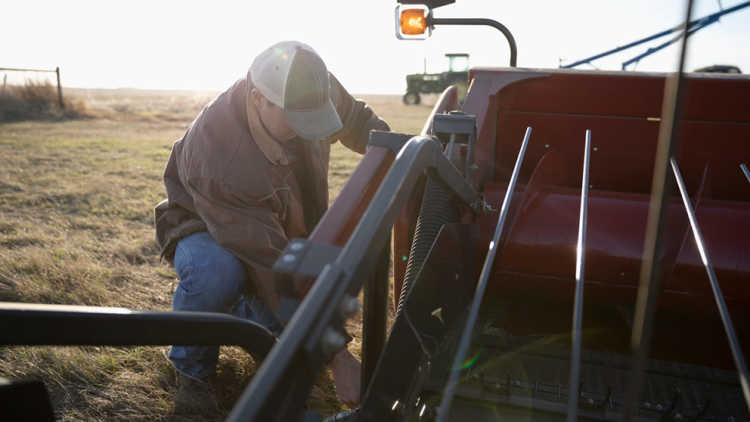The benefits of having multi-skilled farm employees

Matching the right person with the right job on the farm can dramatically affect a farm’s success and profitability.
“Never put a square peg in a round hole,” says farm advisor Jim Soldan, president of the Family Furrow.
He encourages farm managers to become familiar with their employees to help direct them to positions they’re most likely to enjoy and at which they will succeed.
“If they like what they do, they’re going to do a good job,” Soldan says.
Flexibility
The advantage to assigning someone to one job and never moving them is the proficiency that staff develop can reduce errors, waste and accidents, according to Canadian Agricultural Human Resource Council's Jennifer Wright.
Offering employees the opportunity to try their hand at various positions over time creates flexibility.
But it can also create a weak link, Soldan points out. Besides the possibility of boredom setting in, there’s also the risk of having no one else to take over should that person take ill or leave, he says.
Offering employees the opportunity to try their hand at various positions creates flexibility, which can contribute to keeping employees engaged as they learn different skills and have some variety in their tasks.
Creating opportunities for staff
Saskatchewan farmer and consultant Kristjan Hebert says jobs in agriculture should be managed the same as jobs in other sectors – with opportunities for advancement and learning new skills.
“In my mind, it shouldn’t be any different working for me versus working for somebody in town,” Hebert says.
His farm has three levels of operators: Level 1 support workers at an entry-level, Level 2 who are trained to work some equipment and do some training and Level 3 employees, who have broader experience on the farm, have moved around among jobs and can run all equipment.
The system appears to work for Hebert and his staff. Employee retention is high on his farm, he says, and workers know what’s required of them at each level and how to move up the ladder.
Plan for HR
With so many details to think about on the production and operations side of every farm, it can be easy to overlook why human resources is important, Wright says.
“An HR plan is the foundation that allows you to understand your talent needs, and actively reach out to find the people who can deliver those skills and abilities,” she says.
Bottom line
While it’s tempting to assign a farm employee to a job they enjoy, moving staff around to various tasks helps keep them engaged, learn new skills and advance in the farm operation. It also helps ensure other staff are trained to take over a job if someone is sick or leaves the operation.
Article by: Richard Kamchen

Dr. Jody Carrington on two ways we regulate emotion to get ourselves and others level for successful communication.
